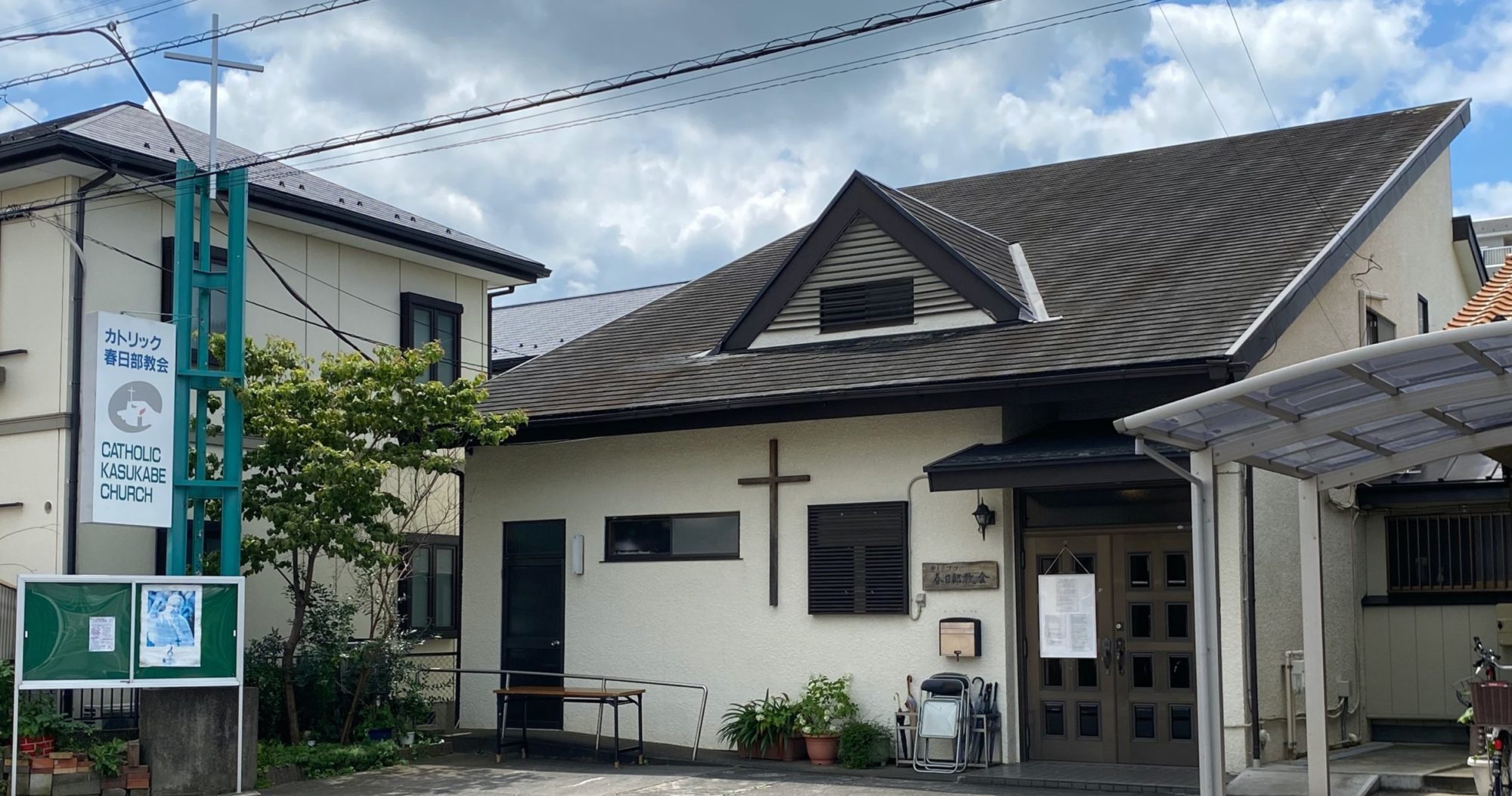受難の主日B年
皆さんおはようございます。今日から聖週間が始まります。この聖週間の間にイエスの受難のカ所が2回朗読されています。まず今日が一回目、A年はマタイから、B年はマルコ、C年はルカから、そして聖金曜日はヨハネからです。受難の主日は枝の主日とも呼ばれ、ミサの初めに枝を祝福し、イエスのエルサレム入城の場面が朗読されます。これも4福音書に記述がありますので、A年B年C年それぞれ、マタイマルコルカからとられますが、B年はヨハネを選んでもよいことになっています。それで今日はヨハネから選びました。
ところで、どうして受難の朗読が2回もあるのでしょうか、不思議に思ったことはありませんか? 今日は福音書が2カ所読まれるのですがそれも疑問ではありませんか?
今日私たちはミサ前に、枝を打ち振ってイエスを迎えた民衆の役割を演じました。そして受難の朗読では、イエスを十字架につけろと叫ぶ民衆の役割をも演じました。何故でしょうか。実際にエルサレムの民衆がイエスに対してとった態度を再現し、そのとき何が起こったのかを、私たちに思い起こさせるためです。
その経過をしっかりと辿って見せているのが、ヨハネです。
過ぎ越し祭の六日前イエスはベタニアに行き、よみがえったラザロと食事を共にします。このときマリアは、300デナリオンもする高価なナルドの香油を持ってきてイエスの足に塗ります。「その翌日」とありますから、イエスがエルサレムに入城したのは過ぎ越で、翌日が「用意日」と言われていますから過ぎ越し祭の二日前、木曜日ということになりますが、イエスは弟子たちの足を洗い、新しい掟を与え、ゲッセマネの園に行き、ここで捕らえられ、即日裁判にかけられるのです。
この時、三日前にイエスを歓呼の声で迎えた同じ群衆が、「イエスを十字架につけろ」と叫んでいますので、ホザンナと言ってイエスを迎えた三日後、舌の根も乾かないうちにイエスから離反していることがわかります。
何と激しい変わり身でしょうか、しかし、万歳と歓呼して迎えた者と、十字架にかけろと叫んだものは別人ではない、同じ人たちなのです。まさに、それが私であり、それがあなたの姿なのですよ・・と語り掛けているのです。激しい叫びに付和雷同する群衆はまさに私の姿。あるいは付和雷同していないとしても、拱手傍観している私の姿がそこにあるのです。
わたしたちがいまなお回心していないとすれば、イエスの愛の掟を無視しているとすれば、十字架につけろと叫んでいる群衆となんら変わるところがないのです。
ところで、自分自身に問いかけてみましょう。
この四旬節の間、愛の献金は実行してきましたか?
苦しむ隣人に想いを馳せ何か具体的に行動しましたか?
拱手傍観している自分がいましたか?
今日持ち帰る枝は、私自身の忘恩の想起と回心の実行を迫るものでありたいですね。
